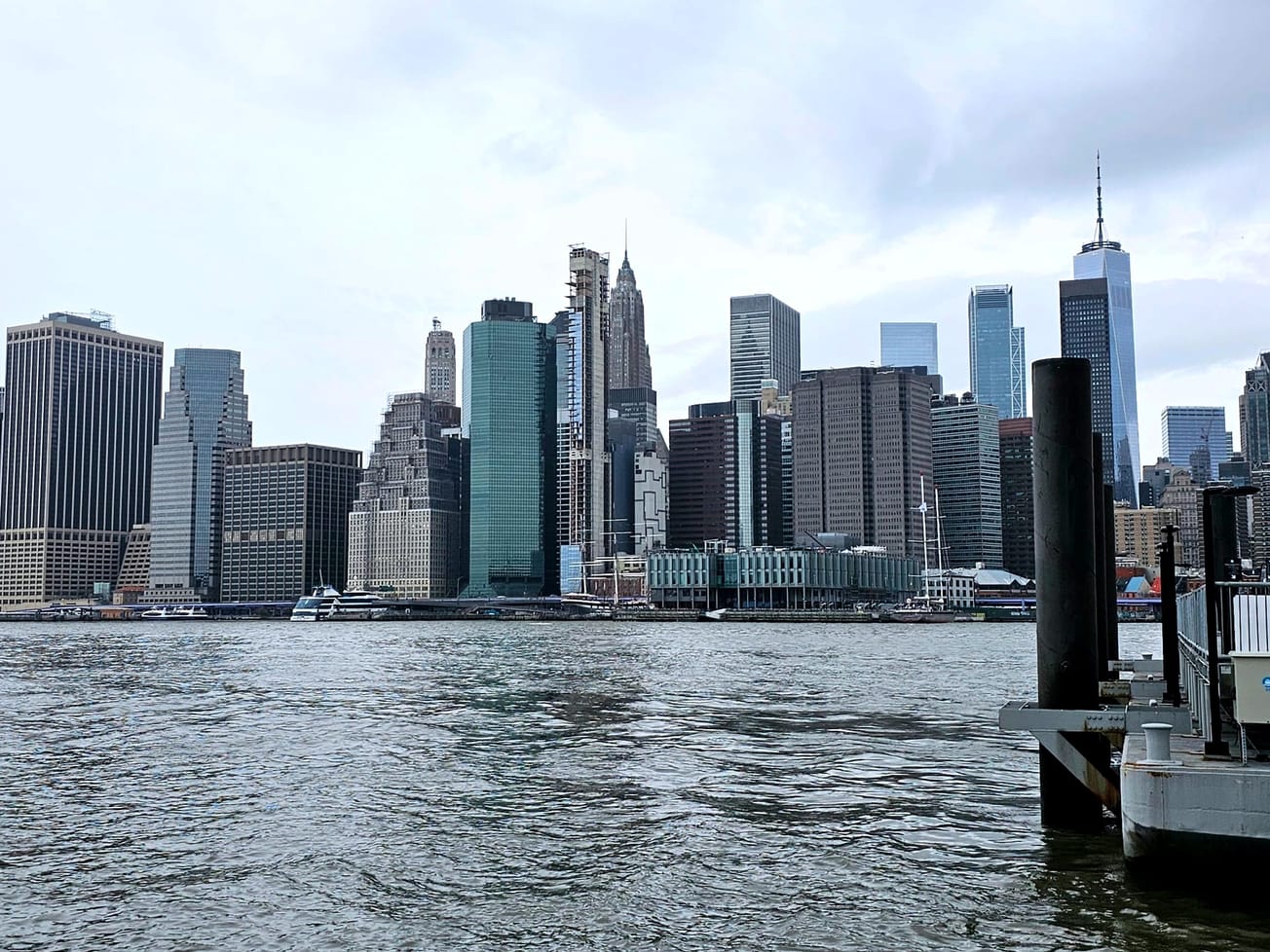The coronavirus pandemic could eliminate 40% of global tourism's 300 million jobs — one of every 10 worldwide — and trillions of dollars essential to developing economies, the U.N. chief said on Tuesday.
In the first five months of this year, international tourism dropped by more than half with US$320 billion in lost spending in the first five months of the year, according to United Nations figures. Measured as an export, tourism is third behind fuels and chemicals, and is 7% of all world trade.
U.N. Secretary-General António Guterres told a policy briefing and video address that tourism is itself one of the wonders of the world, boosting economies and allowing nations to thrive, while illuminating cultural and natural riches and bringing people closer to each other and.
"That is why it has been so painful to see how tourism has been devastated by the COVID-19 pandemic," he said in a statement. "Overall, some 120 million direct jobs in tourism are at risk. Many are in the informal economy or in micro, small and medium-sized enterprises, which employ a high proportion of women and young people."
To aid recovery, Guterres outlined have five priority areas: 1) mitigate socioeconomic impacts of the crisis; 2) build resilience across the entire tourism value chain; 3) maximize the use of technology in the tourism sector; 4) promote sustainability and green growth; and 5) foster partnerships to enable tourism to further support the U.N.'s 17 anti-poverty Sustainable Development Goals for 2030.
In July, the U.N. Conference on Trade and Development reported the pandemic could cause as much as US$3.3 trillion in losses to the global tourism industry if the pandemic lasts a year.
That would equal 4.2% of global GDP. Even under the most optimistic scenarios — a quick end to four months of COVID-19 lockdowns — the losses will likely be at least US$1.2 trillion, or 1.5% of global GDP, UNCTAD said in a 27-page report.
'Safe, equitable and climate-friendly'
Guterres called the crisis a major shock for developed economies, and more of a full-blown "emergency" for developing countries, particularly for many small island and African nations.
"Tourism is also a key pillar for the conservation of natural and cultural heritage. The fall in revenues has led to increased poaching and habitat destruction in and around protected areas and the closure of many [UNESCO] World Heritage Sites has deprived communities of vital livelihoods," he said.
UNCTAD has presented three scenarios: the four-month hit to global tourism that has already occurred, at a cost of US$1.2 trillion; an eight-month disruption that would likely cost US$2.2 trillion, or 2.8% of global GDP; and a yearlong halt that could cost US$3.3 trillion, or 4.2% of GDP.
France, Spain, the United States and China have been the world's most popular tourist destinations.
But the near-universal travel restrictions imposed by governments caused a 97% fall in tourism in April, on top of a 55% decline in March when the pandemic was declared, the U.N. World Tourism Organization, or UNWTO, reported in June. In the first quarter of this year, it said, tourism declined by 44% overall, causing US$195 billion in losses.
Rebuilding the tourism sector must be done in a way that is "safe, equitable and climate friendly," said Guterres, who noted that transport-related greenhouse gas emissions could rebound sharply if recovery is not aligned with the 2015 Paris Agreement's global emissions-cutting targets.
"Supporting the millions of livelihoods that depend on tourism means building a sustainable and responsible travel experience that is safe for host communities, workers and travelers," the U.N. chief said. "Let us ensure tourism regains its position as a provider of decent jobs, stable incomes and the protection of our cultural and natural heritage."









